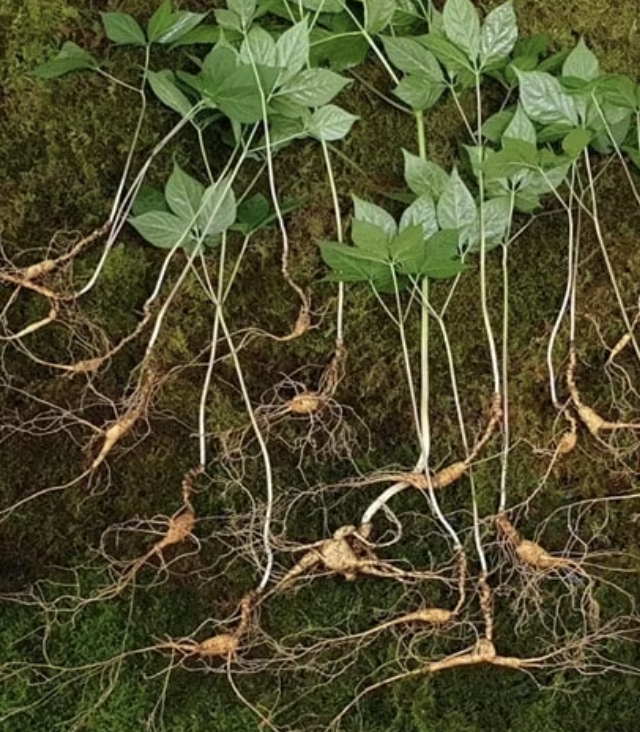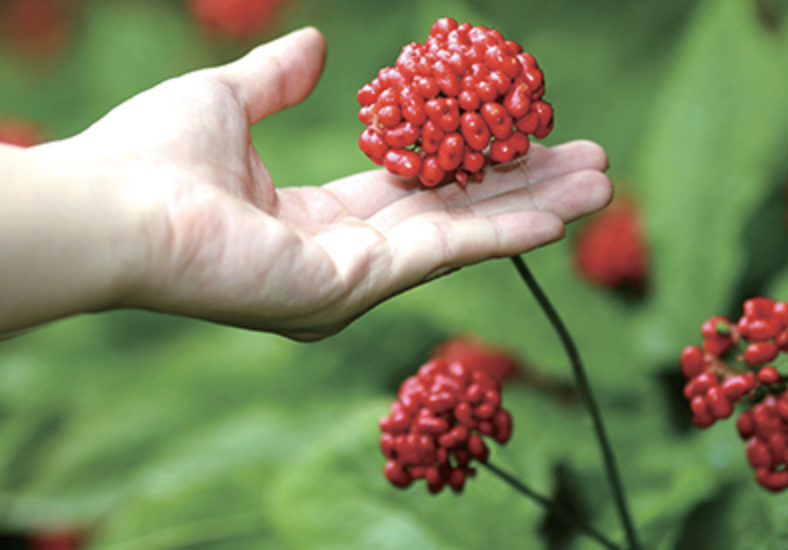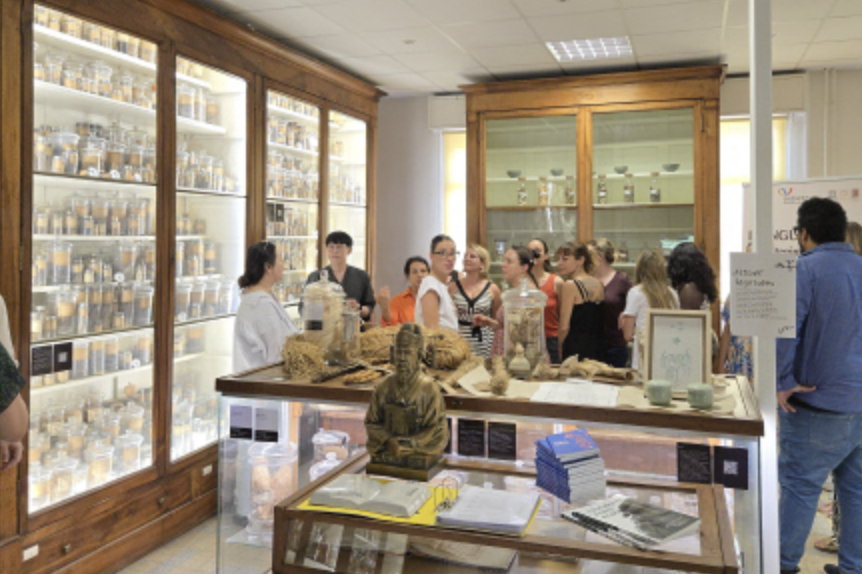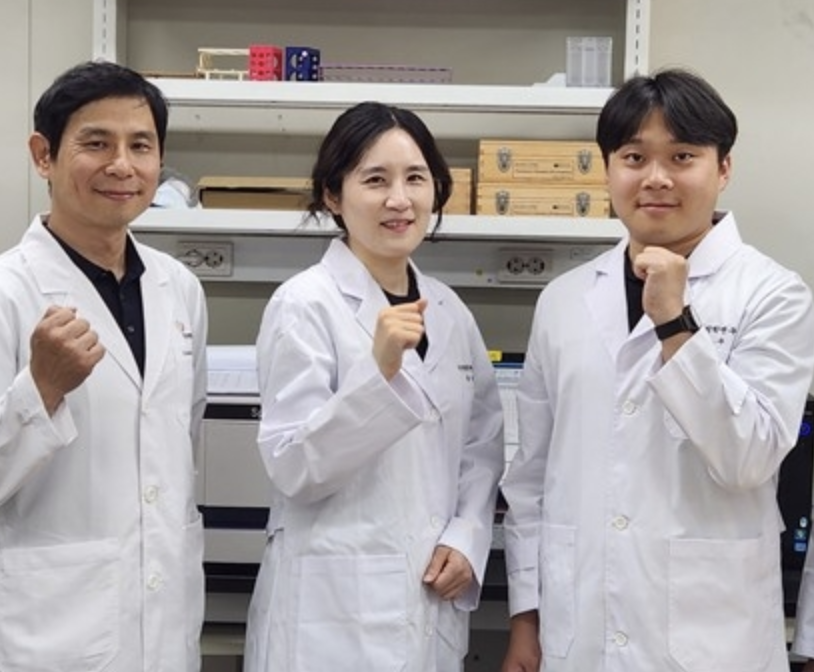In a major advancement for herbal medicine and functional food science, a recent international peer-reviewed publication has scientifically validated the antioxidant effects of Korean red ginseng (홍삼, or hongsam). This research, conducted by a consortium of scientists from Korea, Europe, and North America, confirms that red ginseng’s unique compound profile offers potent antioxidant activity with implications for aging, chronic disease prevention, and cellular health.
👉 Experience the Power of Ginseng Extract Today
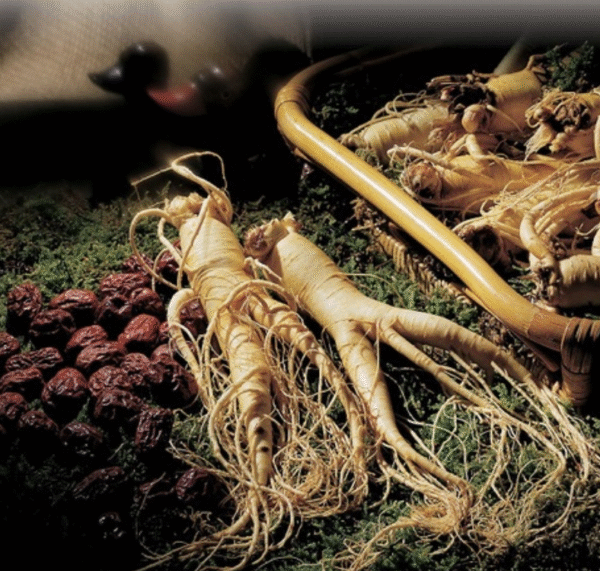
Scientific study confirms the antioxidant properties of Korean red ginseng

Red Ginseng’s Bioactive Components
Red ginseng, derived from steaming and drying Panax ginseng roots, contains concentrated levels of ginsenosides—its primary active compounds. During the steaming process, new ginsenosides such as Rg3, Rh1, and Rk1 are formed, which have been shown to exhibit stronger pharmacological properties than those found in raw ginseng.
The recent international publication, featured in the Journal of Ethnopharmacology and indexed in PubMed and Scopus, analyzed the antioxidant mechanism of red ginseng in both in vitro and in vivo models. It reported that the administration of red ginseng extract significantly increased the activity of antioxidant enzymes like superoxide dismutase (SOD), glutathione peroxidase (GSH-Px), and catalase (CAT), while reducing oxidative stress markers such as malondialdehyde (MDA).
Korean Red Ginseng vs Other Ginsengs
While American ginseng (Panax quinquefolius) and Chinese white ginseng have their own beneficial profiles, Korean red ginseng has consistently outperformed others in antioxidant efficacy. Its fermentation and heat-processing steps enhance its bioavailability and stability, allowing its active ingredients to be better absorbed by the human body.
Korean red ginseng is now being viewed not just as a traditional remedy but as a scientifically supported functional food with systemic benefits, especially in anti-aging, cardiovascular protection, and immune modulation.
Evidence-Based Highlights from the Study
Subjects: The study used both human cell lines and animal models to validate its findings.
Results: Significant improvement in antioxidant enzyme levels after 4 weeks of red ginseng intake.
Biomarkers Monitored: Reduction in reactive oxygen species (ROS), lipid peroxidation, and DNA oxidative damage markers.
Conclusion: Red ginseng has the potential to be used as a natural antioxidant therapy with minimal side effects.
Real-World Implications
Consumers around the world are increasingly seeking natural ways to combat oxidative stress, especially amid rising concerns about pollution, processed food, and aging. This scientific validation supports red ginseng’s global reputation and makes a strong case for its integration into daily health routines.
Red ginseng supplements are now widely available in capsule, extract, powder, and tonic forms, making it accessible for a variety of lifestyles. Korean companies like KGC (Korea Ginseng Corporation) have played a crucial role in ensuring quality control, traceability, and research-backed product development.
3. Tags with hashtags (one line):
#RedGinseng #Antioxidants #KoreanGinseng #FunctionalFoods #GinsengHealth




